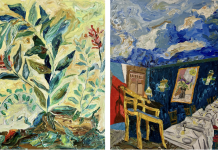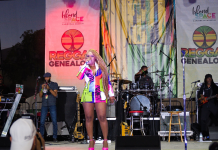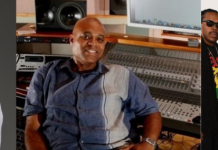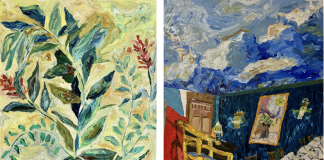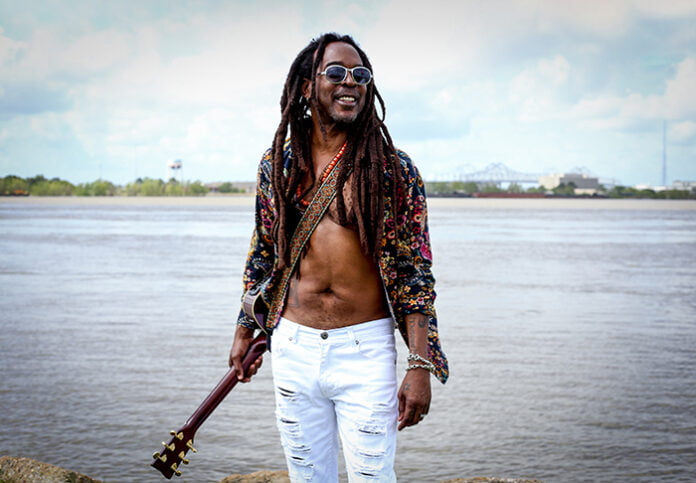
This past May, amid the desperate uncertainty surrounding the expanding COVID-19 pandemic, reggae music fans found a moment of escape when dancehall legends Beenie Man and Bounty Killer faced off in their now iconic Verzuz sound clash, which was live-streamed around the world. As they volleyed verse for verse, the showdown attracted nearly half a million viewers hunting for riveting musical entertainment in a landscape of cancelled tours and live appearances following the outbreak. The crisis clearly has not stopped Caribbean stars from connecting with their audiences—from Bad Bunny’s three-hour surprise Livestream to Ziggy Marley’s virtual music classes and acoustic family concert at home with his kids. Finding new ways to entertain since the pandemic began, however, isn’t just about nurturing creativity. It’s also about securing the financial viability of the Caribbean music industry.
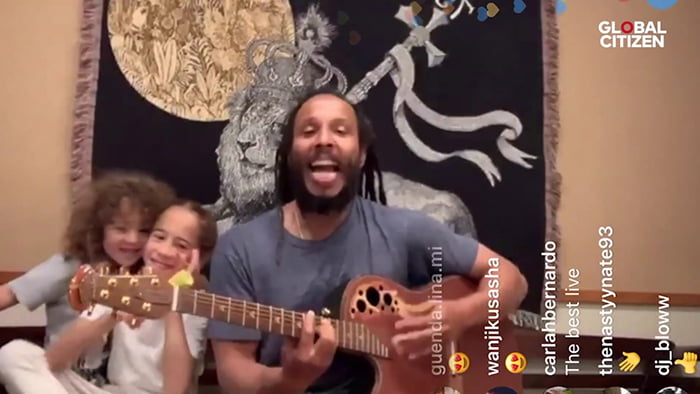
Lost revenue, typically generated by touring, has hit Caribbean performers particularly hard, said attorney and music business consultant Lloyd Stanbury. “Most artists do not generate significant earnings from royalties,” he said. They don’t make much from their recordings. Instead, most of their money comes from performing, “so the curtailment of live shows around the world for the past several months has cut their main source of income.”
Live From Lockdown
Coronavirus lockdowns have presented a greater challenge to the region’s genres as they do not get as much mainstream exposure nor earn as many mainstream dollars. Both well-known international artists and up-and-comers in Caribbean music “will have to be more innovative and technologically aware to function in the future,” Stanbury said. In this new era, “some of the practices we became accustomed to in the presentation and distribution of recorded music and live music performances will disappear or become less effective.”
As a result, many have turned online to replace the income they would have earned from live concerts. Some have said they are actually earning more money from digital services during the pandemic than they did before the outbreak.
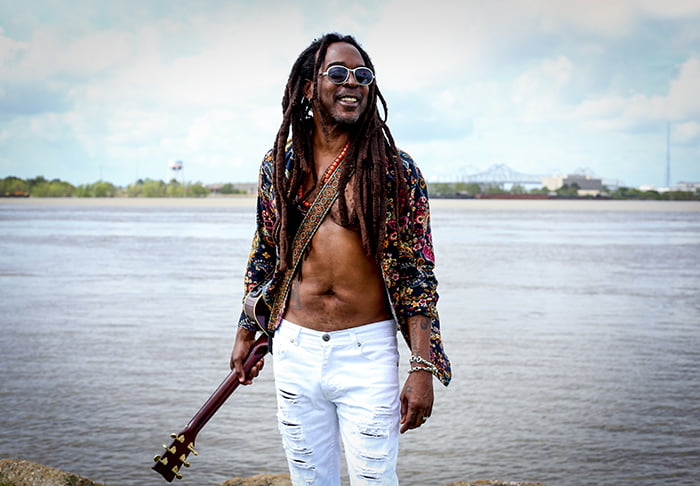
After his live gigs were canceled in New Orleans, La., Afro-Caribbean folk artist Ben E. Hunter began performing online. Now, he has made more money through PayPal and Cash App donations for his virtual concerts than he did from performing a set at the New Orleans Jazz & Heritage Festival in 2019.
Streaming Services
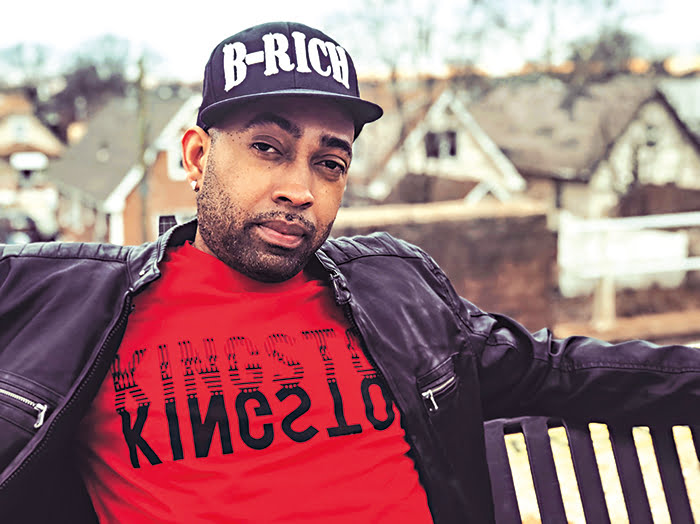
Kingston-based producer Richard “Shams” Browne believes these direct donations can work as a viable solution. “If an artist has a strong enough fan base, they can do virtual concerts and promote them as an exclusive event, and either have a subscription fee or pay-per-view,” he said. “In today’s world, content is king, and most artists have their own home studios or access to one. They can use this time, while not touring, to create and release more music available for streaming.”
Earning revenue solely through streaming, however, has its limitations, said Grammy-winning producer and Jamaican radio personality Wayne Jobson. “Virtual concerts have been great and (virtual) Reggae Sumfest was brilliant, ” he opined in light of the connection fans and artists can maintain through these media. “Respect to [Josef Bogdanovich] and the Downsound crew.” Unfortunately for the artists, “streaming does not generate a lot, as one million Spotify streams only generates U.S. $4,000.”
Masters of Their Own Fate
That’s why, under the U.S. Copyright Act of 1976, Jobson has been actively helping artists reclaim recording catalogues and publishing rights—which generate residual income for writers and performers—often held by their labels and producers. In terms of musicians protecting themselves financially in post-pandemic culture, professionals agreed that ownership is crucial. For instance, Ziggy Marley has complete control of his master recordings and publishing as an owner of the Tuff Gong Worldwide label.
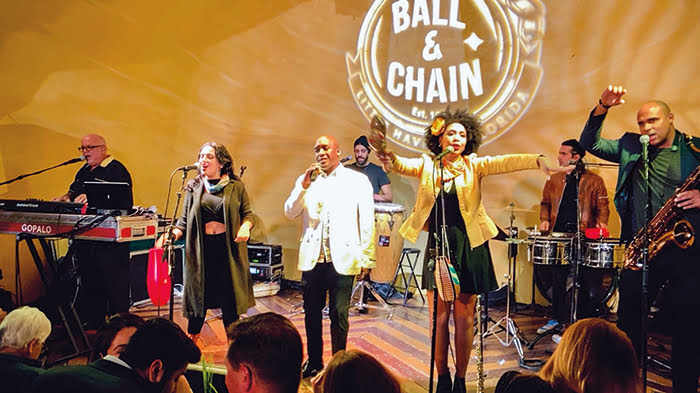
Ownership and independence have proved invaluable for Steve Roitstein, a Grammy nominee and leader of Afro-Cuban Funk band PALO! Like most acts, Roitstein said the band “has seen all of our live events cancelled until further notice.”
“Inquiries keep coming in, but there is hesitation from all parties to commit to booking events when no one knows when things will be safe.”
They now have been focused on promoting sales of their recorded music, and those sales have been steadily increasing. “Ironically, our historically highest revenue months from digital music have been during the pandemic. So implementing digital marketing strategies is part of our long-term plan. It’s been a worthwhile investment of resources,” Roitstein said.
Stanbury said that as the music industry continues to evolve and the digital music market gains more importance in terms of revenue-generating possibilities, the development and ownership of innovative content becomes a lot more important.
“It is wise for artists to retain an interest in the content they create or participate in creating,” he said. “It is also incumbent on artists to exercise good judgment and secure professional representation.” He said that’s the smartest way to negotiate and capitalize on the masterpieces they create.



